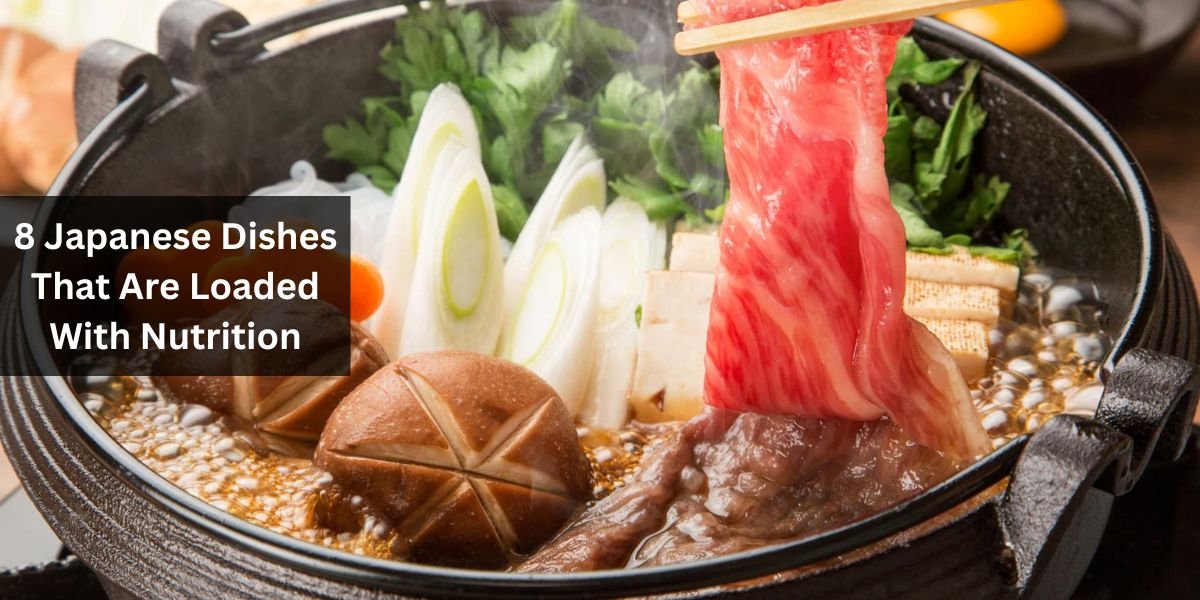Japanese cuisine is renowned not only for its delicious flavors but also for its emphasis on health and nutrition. From fresh seafood to nutrient-rich vegetables, Japan offers a variety of dishes that not only satisfy your taste buds but also provide essential nutrients for a healthy lifestyle.
Sushi: A Nutrient-Packed Delicacy

Sushi, a quintessential Japanese dish, combines vinegared rice with various ingredients like fresh fish, vegetables, and seaweed. Rich in omega-3 fatty acids from fish and packed with vitamins and minerals, sushi is a nutritional powerhouse.
Miso Soup: Nourishing and Flavorful
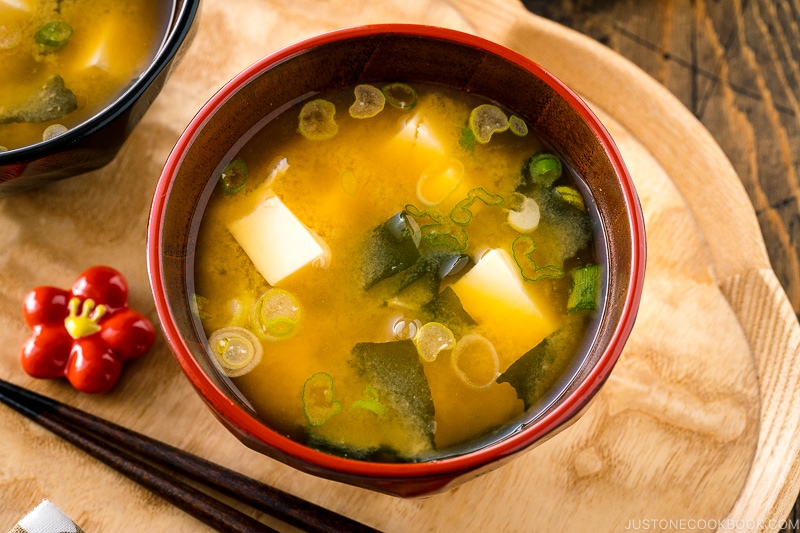
Miso soup, a staple in Japanese households, contains fermented soybean paste, providing probiotics that support gut health. Loaded with antioxidants and rich in B vitamins, this soup boosts immunity and aids digestion.
Edamame: A Protein-Packed Snack
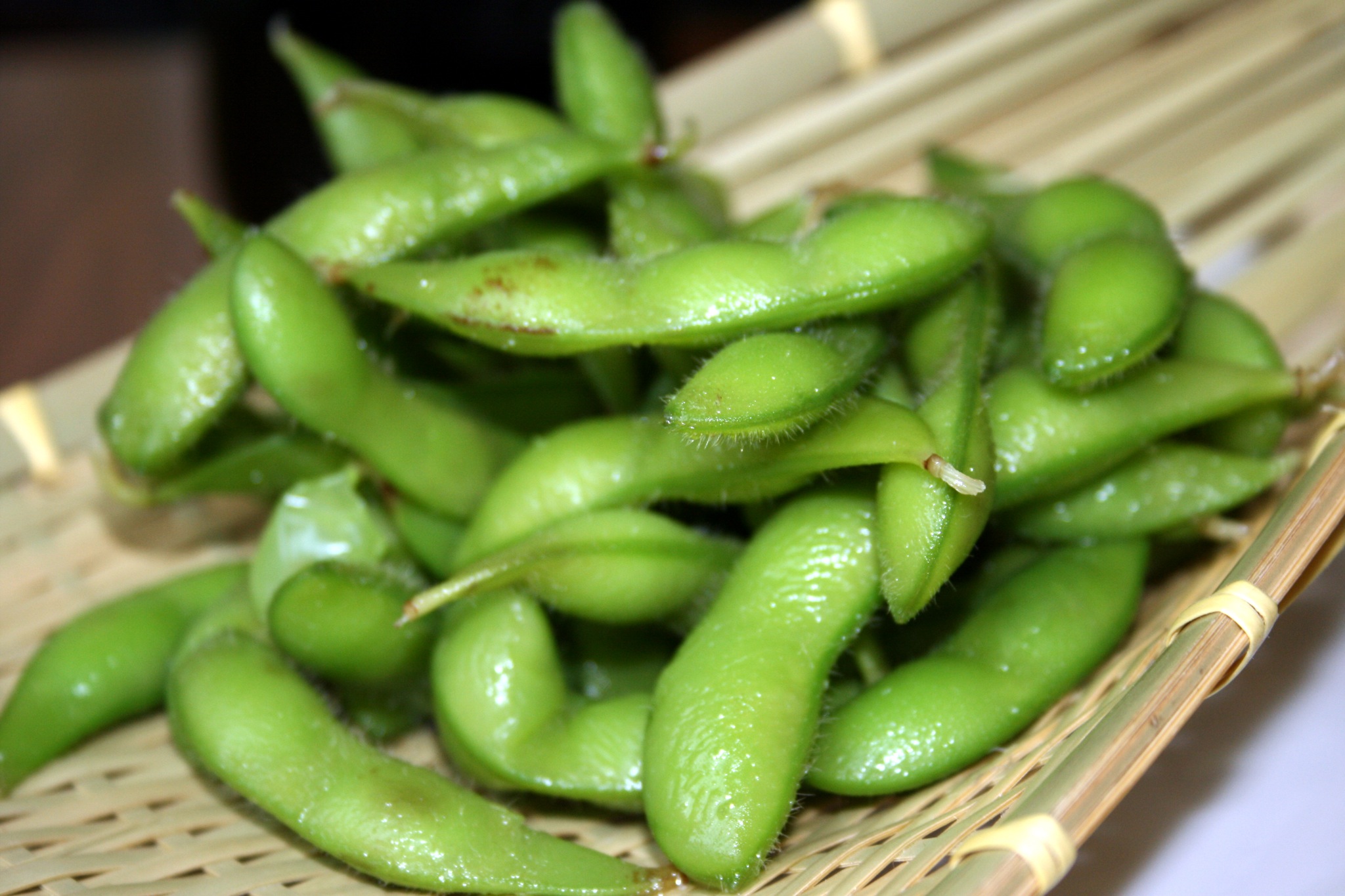
Edamame, young soybeans steamed in their pods, is a protein-rich snack abundant in fiber, vitamins, and minerals. Low in calories and high in nutrients, edamame is a healthy option for guilt-free munching.
Natto: A Superfood for Health
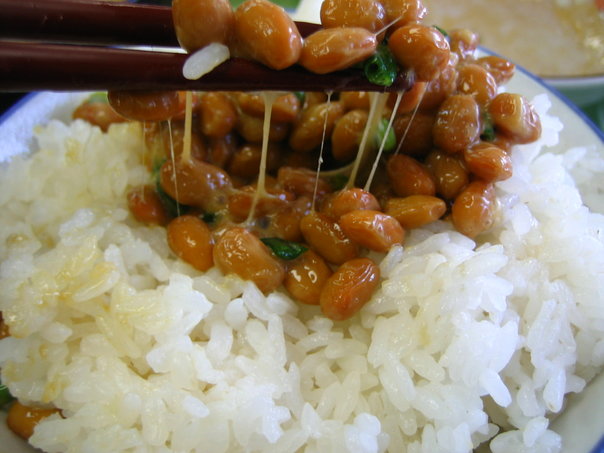
Natto, fermented soybeans known for their distinctive flavor, is a superfood packed with protein, probiotics, and vitamin K2. It promotes heart health, aids bone strength, and supports a robust immune system.
Yakitori: Grilled Goodness

Yakitori, skewered and grilled chicken, offers lean protein without excessive fat. This dish is a great source of amino acids, helping in muscle repair and providing essential nutrients for overall health.
Gyoza: Nutrient-Filled Dumplings

Gyoza, pan-fried or steamed dumplings filled with a mixture of vegetables and meat, offers a balanced blend of carbohydrates, proteins, and healthy fats. Rich in vitamins and minerals, it’s a flavorful yet nutritious choice.
Sashimi: Raw and Nutrient-Dense

Sashimi, thinly sliced raw fish, is a low-calorie, high-protein dish abundant in omega-3 fatty acids, aiding heart health and brain function. It’s a nutritious option for seafood lovers.
Tempura: Light and Crunchy Indulgence
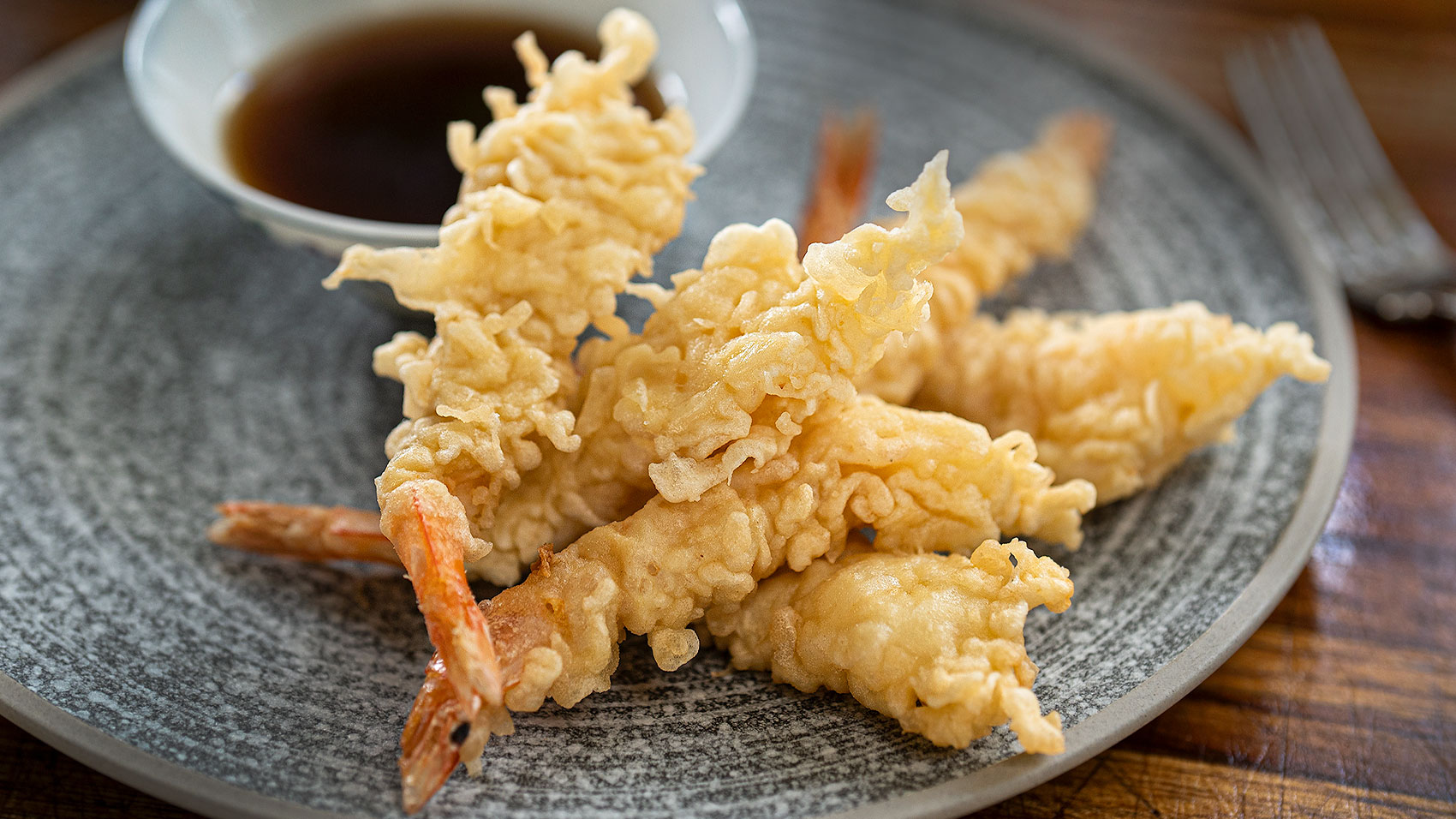
Tempura, lightly battered and fried seafood or vegetables, provides a crispy texture while preserving the nutrients within. Despite frying, when consumed in moderation, it can be a delightful yet nutritious treat.
Conclusion
Japanese cuisine offers a diverse range of dishes that not only tantalize the taste buds but also provide a plethora of nutrients essential for a healthy lifestyle. Incorporating these eight nutritious Japanese dishes into your diet can elevate your culinary experience while ensuring you receive vital vitamins, minerals, and proteins.
FAQs:
1. Are Japanese dishes suitable for vegetarians?
Yes, Japanese cuisine offers plenty of vegetarian options such as vegetable sushi, tempura vegetables, tofu-based dishes, and vegetable gyoza.
2. How often should one consume sushi?
Sushi is a healthy choice but should be consumed in moderation due to its potential mercury content. Enjoy it a few times a week as part of a balanced diet.
3. Can people with gluten intolerance enjoy Japanese cuisine?
Yes, Japanese cuisine includes gluten-free options like sashimi, edamame, and certain types of sushi prepared without soy sauce containing wheat.
